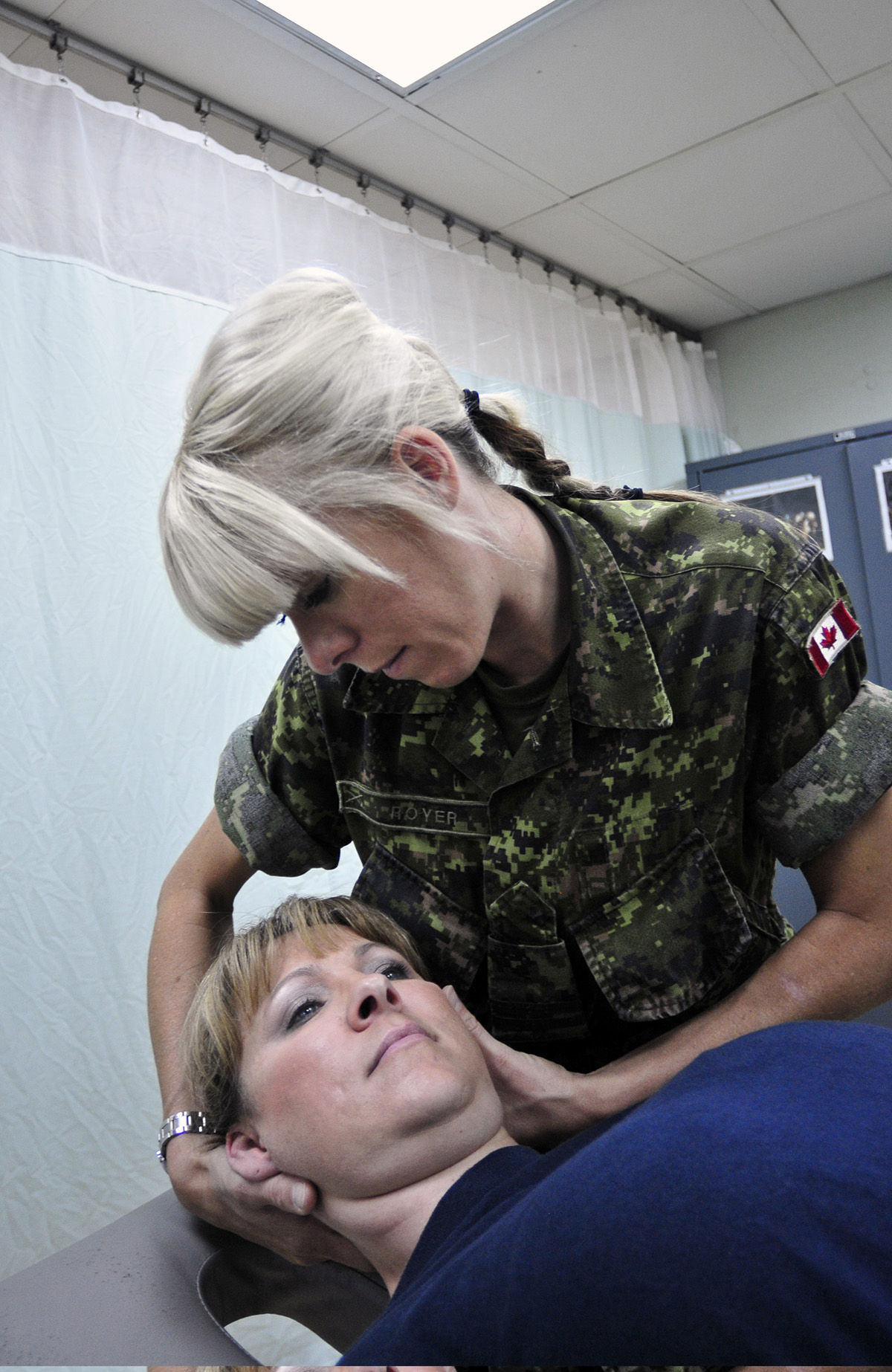
A pinched nerve is a condition that develops due to compression of a nerve with surrounding tissues such as bones, cartilage, muscles and tendons. The pressure interferes with normal function of the affected nerve and if not treated in time it may cause even permanent damage. The symptoms of pinched nerve are pain, tingling sensation, numbness of the innervated area and muscle weakness.
Any nerve in the body can be pinched. However, the condition most commonly affects spinal nerves which are in most of the cases compressed by bulging vertebral discs.
What Causes Pinched Nerve in Neck?
In spinal arthritis there is damage and wear of the spinal joints. The damage makes the bone more fragile and there is also chance of bone spurs formation. If bone spurs grow enough they can cause a compression of cervical spinal nerves and subsequent symptoms and signs.
In many cases a spinal disc undergoes degenerative changes. This particularly affects older people. Once the disc loses its elasticity and becomes rigid it can easily tear and its content protrudes and puts pressure to the cervical spinal nerves.
And finally, an injury to the neck may cause irreversible damage to the disc, its dislocation and compression of the cervical nerves. In case of injury even broken parts of the vertebrae may dislodge and compress cervical spinal nerves.
Symptoms and Signs of Pinched Nerve in Neck
The first symptom of pinched nerve is pain in the neck. The pain develops before all other symptoms and signs and is located at the back of the neck or may radiate towards arms. Apart from pain patients suffering from pinched nerve in the neck also complain about distorted sensation such as tingling sensation, numbness or prickling sensation in the skin on the neck or certain parts of the upper extremities. And finally, muscles innervated by the affected nerves may become weak. There is also a chance of muscle spasms.
In some patients the pain affects both upper extremities. If this is the case the person is most definitely suffering from so called cervicobrachial syndrome. The pain is commonly sharp and shooting, but it may also be dull. Pinched nerve in the neck may also induce headaches. The most common type of headache in this case is occipital headache although temporal headaches have been reported as well. The pain and the headache can become even more intensive with sudden jerky movements of the neck (coughing, sneezing etc.).
With rest and several more conservative approaches pinched nerve in the neck can be brought under control within a few weeks. Only in case the pain and additional symptoms linger one may need to undergo a surgery.


-Causes,-Symptoms,-Diagnosis,-Treatment_f_280x120.jpg)
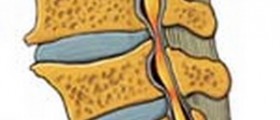
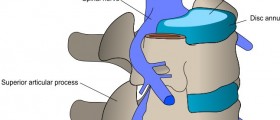
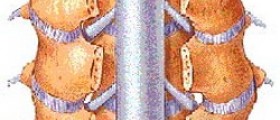
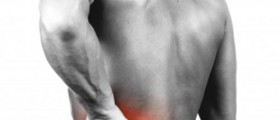



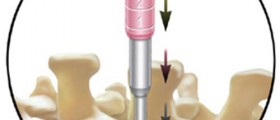
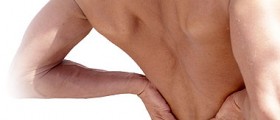
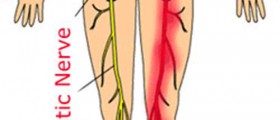

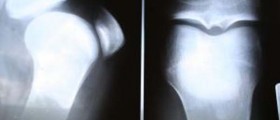


Your thoughts on this
Loading...